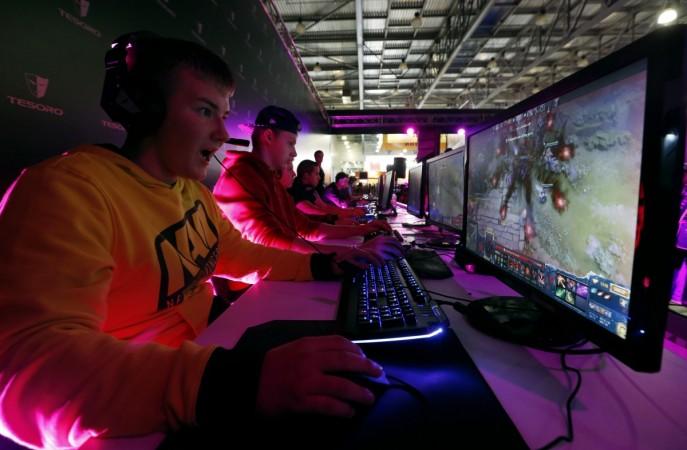
Even today, personal computers (PCs) are preferred devices for playing hardcore games. Especially in PC gaming segment, they are the best for the level of ergonomics and controls they provide.
Availability of many hardcore gaming titles on Windows platform is another advantage for adapting to a PC. Another key advantage is the flexibility to configure the system hardware to get more power out of it.
But over the past few years, gamers have become major targets for hackers, as gaming has now migrated almost entirely to online. Some small-scale scams are emerging, from duping people into opening infected screensaver files on the Steam marketplace, to selling 'cheats' poisoned with malware. In game forums, most gamers turn to advice, which can be wrong.
As for in-game chat channels, they play host to predators hoping to get you to click on a 'bad' link and infect your PC.
To keep your PC safe, here are 10 tips suggested by proactive security software developer ESET:
Power up your browser
Ensure your system browser has phishing warnings enabled, ensure your PC software is up to date and think before you enter your login details anywhere. Never click on those pop-up windows when they appear, these are extremely powerful armours in the hands of cyber criminals.
Long-time player? Spring clean your security
If you're a long-time player of any particular gaming title, you probably had signed up for the game on Day Zero - when no security measures were in place. If you're returning or still playing the game, make sure you take advantage of security measures such as two-factor authenticators.
Never buy game codes via auction sites
The best place to get game codes is from official websites of gaming companies. Trading game codes via forums, or even auction sites may land you in trouble, either instantly or in the future.
Don't pick a username which reveals your identity
This is especially crucial for toddlers - like having a name, which, for instance, gives away that someone is young and ends up attracting unwanted attention. Game accounts are high-value targets for cyber criminals and if they can fill in blanks by Googling, once you've freely given them your name, you could be risking your account.
Compose a killer password
All game login passwords need to be strong - whether for services such as Steam, or for individual games. If there's a two-factor system on offer, use it. Make a 'throwaway' email address or several to use for logins if you can. Always prefer different passwords for each game. If you tend to forget things, use a password manager.
Cheats and hacks are even worse than you think
The world of gaming can appear crazy to an outsider. But cheats don't just risk your account, they risk your computer. Up to 90% of commonly traded cheats are infected with some form of malware or adware, according to some estimates. They are called 'hacks' for a reason.
Mod with extreme care
Installing mods on your system can be extremely dangerous for your system, even if you use 'reputable' stores, such as Curse. Even reliable sites can harbour player-made mods that pack malware. Check reviews, check URLs, and if possible have good AV software running. Never ever install a mod because a player tells you 'need it' in game - it's a classic scam. Being kicked out of that group is a price worth paying.
Be cautious while competing at a public event
Competitive e-sports are really taking off at the moment, and if you're lucky enough to have a chance at public competitions, great, but take care.
ESET Security Specialist Mark James says: "If you're going to a gaming event or even a social gaming event, change your usual password for a temporary one while you're there, then back to your usual one when back home. This protects you from scammers who might intercept data and use that to steal your account - or just someone looking over your shoulder to nick your password."
Don't befriend people on Facebook to get 'freebies' in game
Don't be tempted to bring in some new friends just to get extra game codes. Fan sites are full of people offering to befriend you for just that – and it can speed up the game experience – but you are left with friends who you do not know.
Always remember, people on forums are not your friends
Gamer forums are pretty savage, hostile places at the best of times, and when it comes to scams, add-ons, mods or anything else, they are a bad place to seek advice. The same goes for chat channels in-game. You do not know these people, so why trust them?








